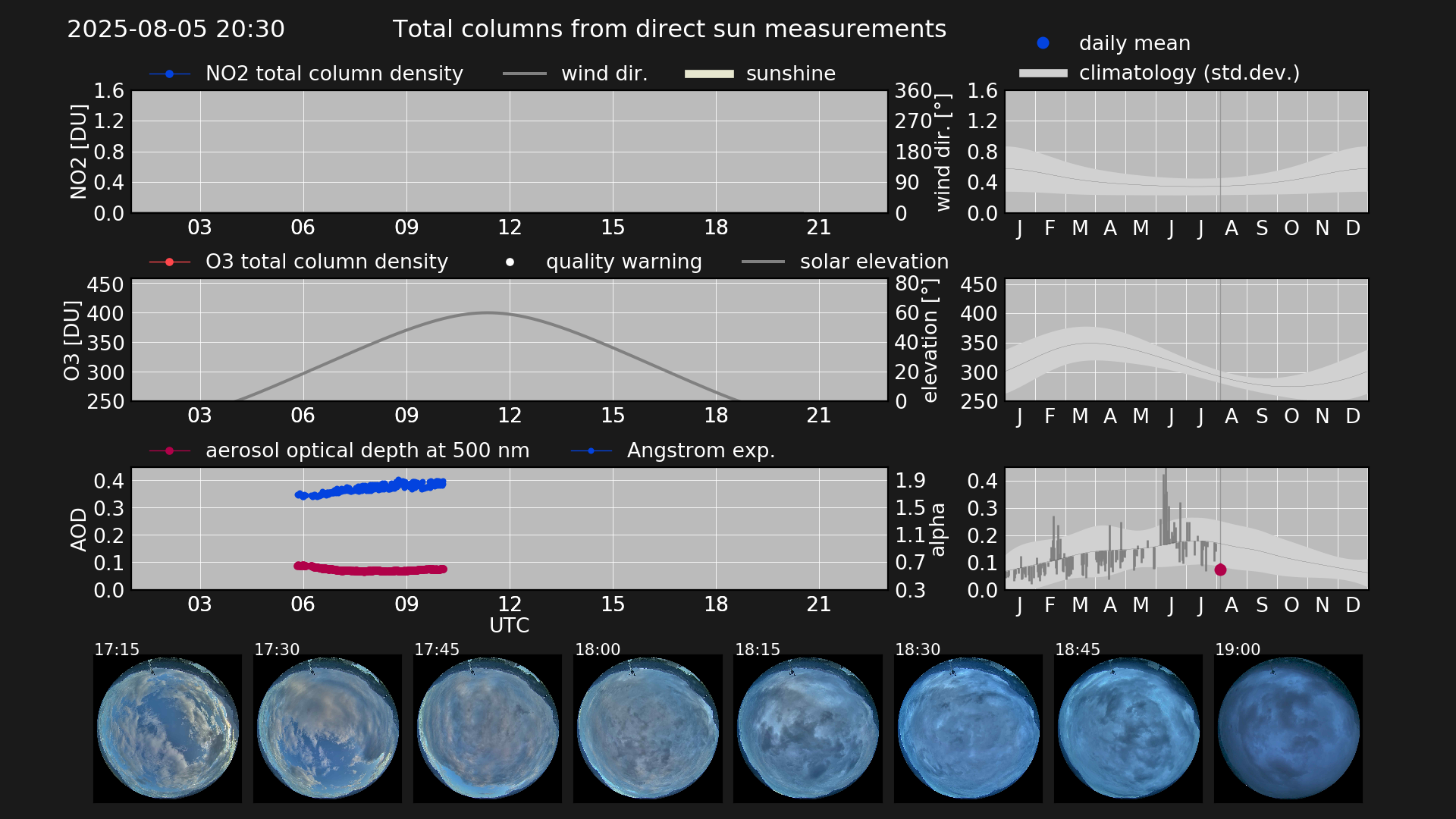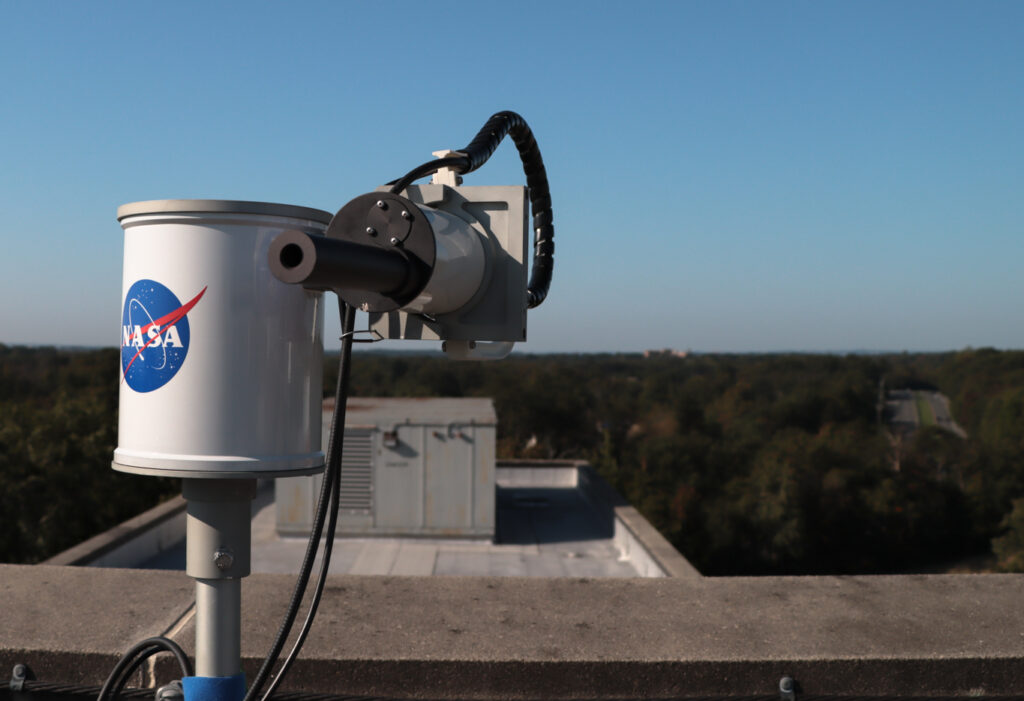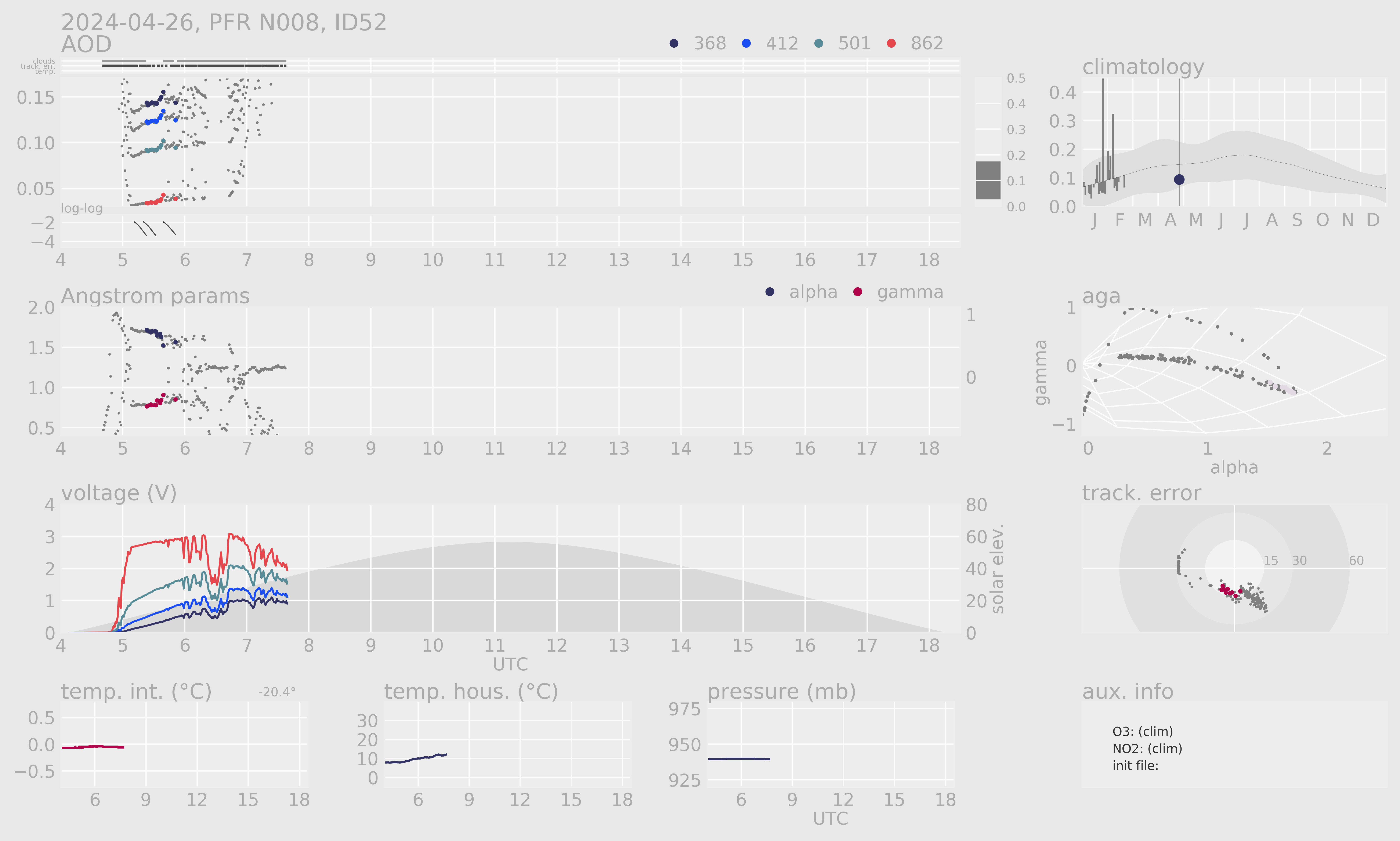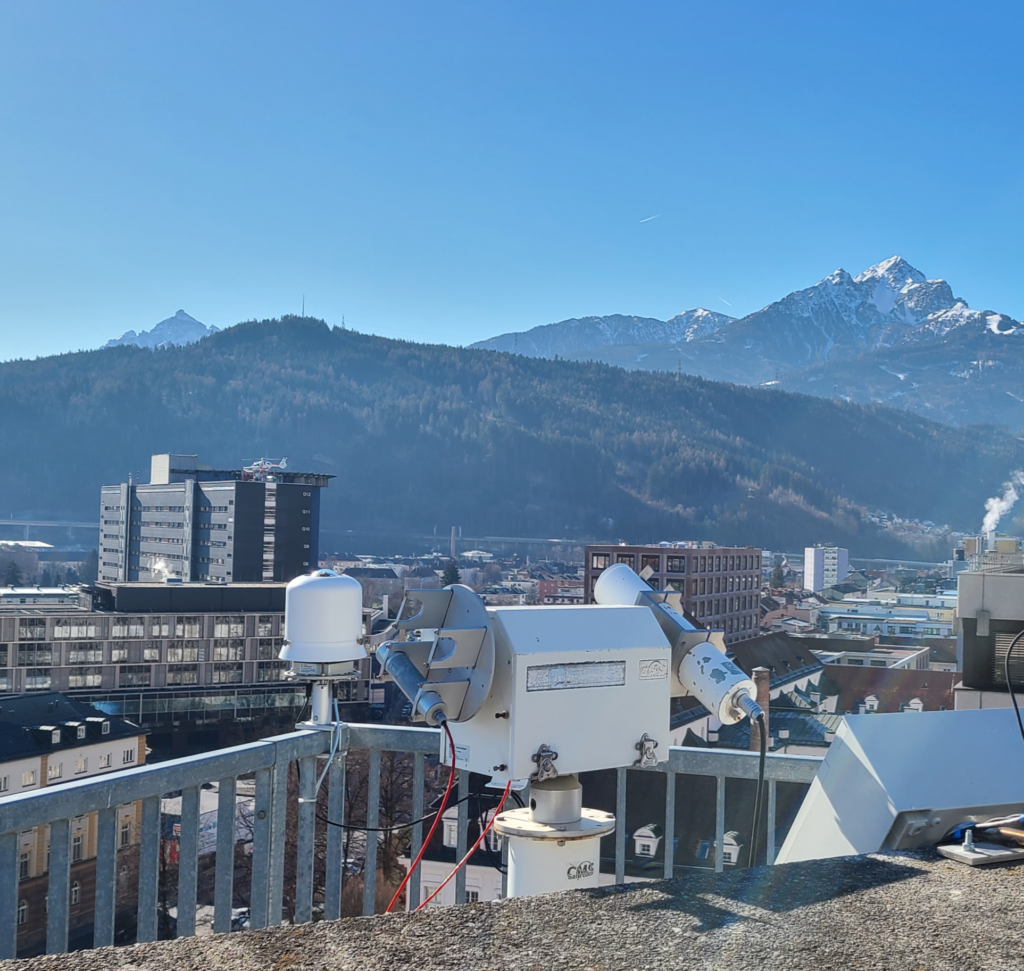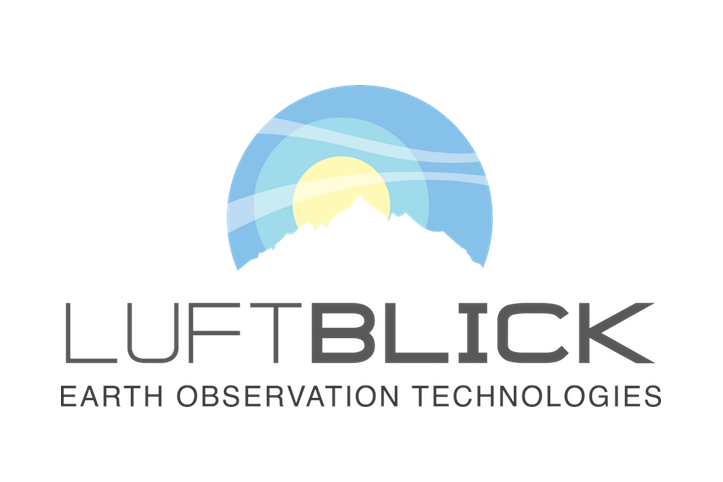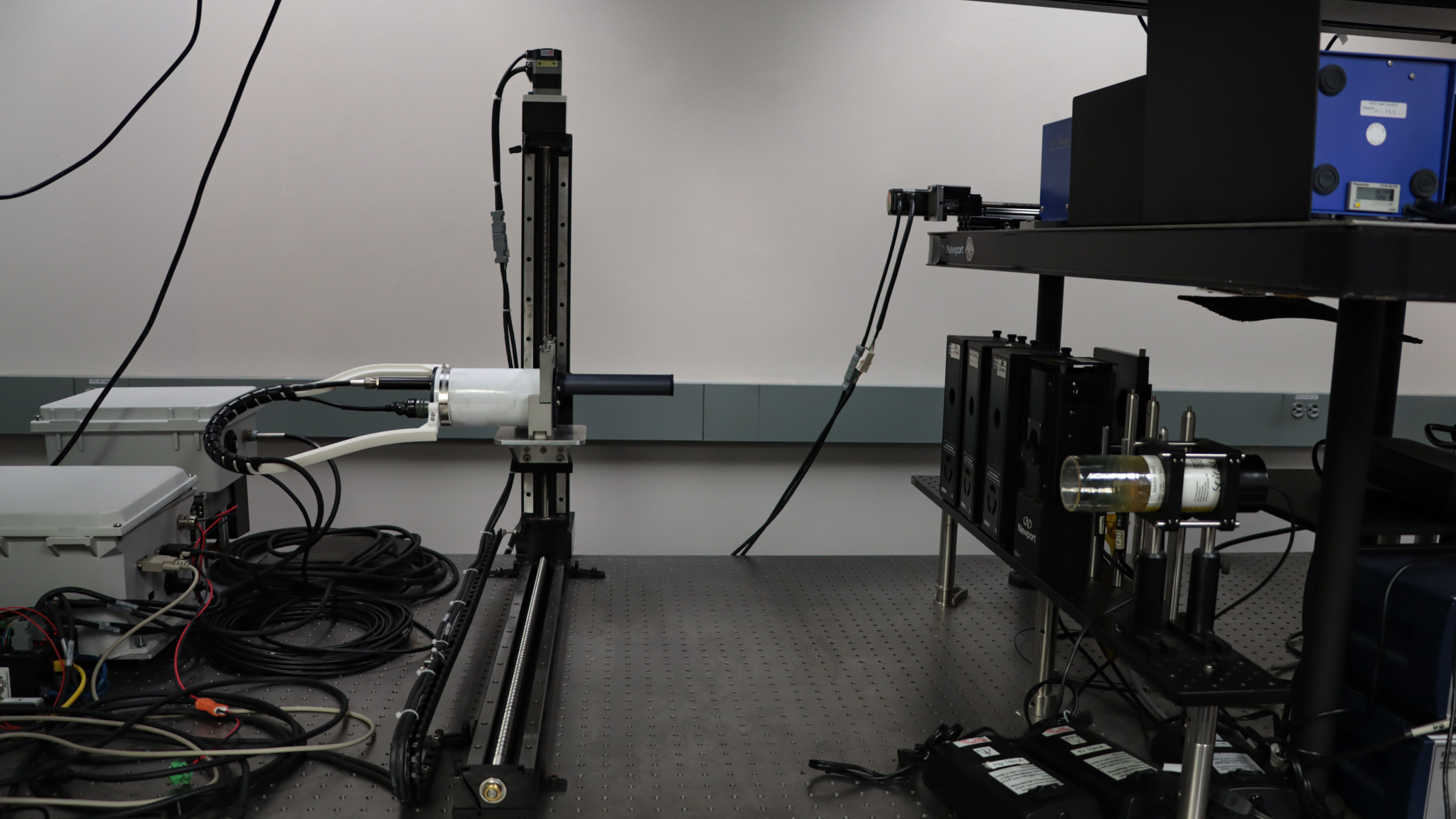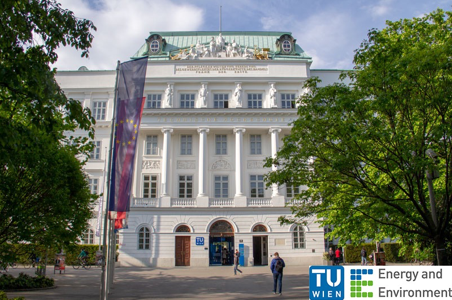Institute of Atmospheric and Cryospheric Sciences (ACINN),
University of Innsbruck
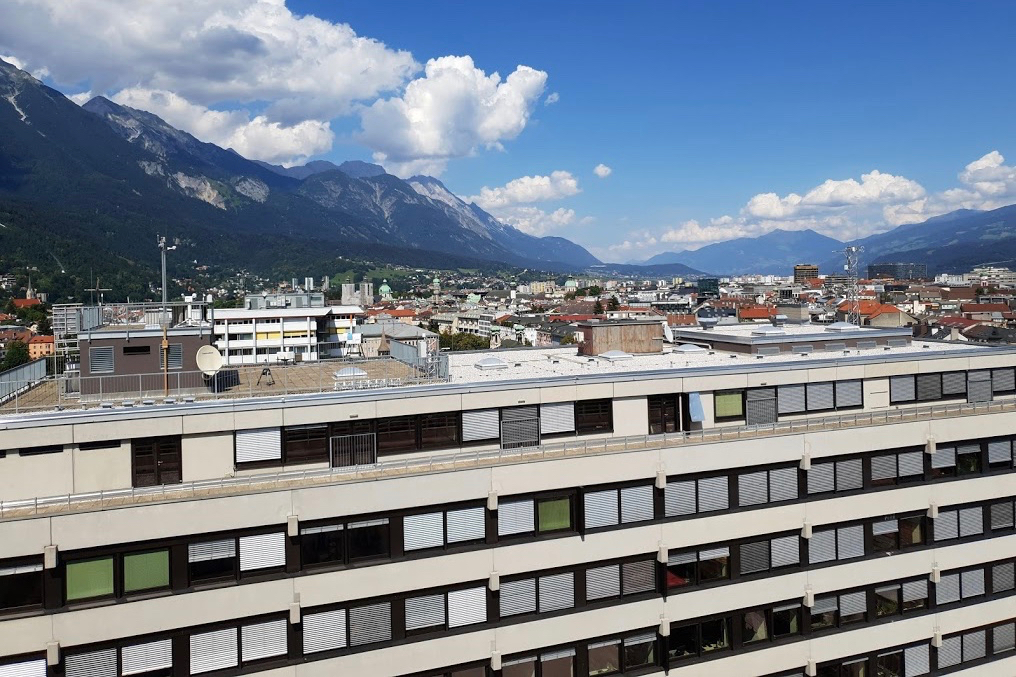
The Innsbruck Atmospheric Observatory (IAO) for Environmental Research in Alpine and Urban Terrain.
The Department of Atmospheric and Cryospheric Sciences (ACINN) is devoted to basic research in the areas of weather forecasting, mountain meteorology, atmospheric composition, earth atmosphere interactions and ice-climate relations. Atmospheric Physics and Chemistry at ACINN focus on the following research topics:
- In-situ-techniques to probe the atmosphere
- Remote sensing for atmospheric composition
The Atmospheric Physics and Chemistry (APC) group at ACINN uses innovative approaches to quantify the chemical composition of the atmosphere. New experimental concepts are explored that allow studying the exchange of trace constituents and their atmospheric transport and chemistry in the atmosphere, as well as testing and improving modeling concepts.
In 2017, the Innsbruck Atmospheric Observatory (IAO) was established as part of a major research infrastructure by the University of Innsbruck, allowing to study urban exchange processes of momentum, energy, trace gases and aerosols in an Alpine environment. The IAO aims to investigate atmospheric chemistry, micrometeorology and mountain meteorology in a synergistic fashion within an urban setting.
Role in ACTRIS:
- Contributing to aerosol remote sensing
- Contributing to trace gas remote sensing
- Contributing to aerosol in situ
- Contributing to trace gas in situ
Retrievals:
- Aerosol parameter (in situ + remote sensing)
- Trace gases (in situ + remote sensing)
Contact:
Univ.-Prof. DI Dr. Thomas Karl Thomas.Karl(at)uibk.ac.at http://acinn.uibk.ac.at/ https://www.atm-phys-chem.at
